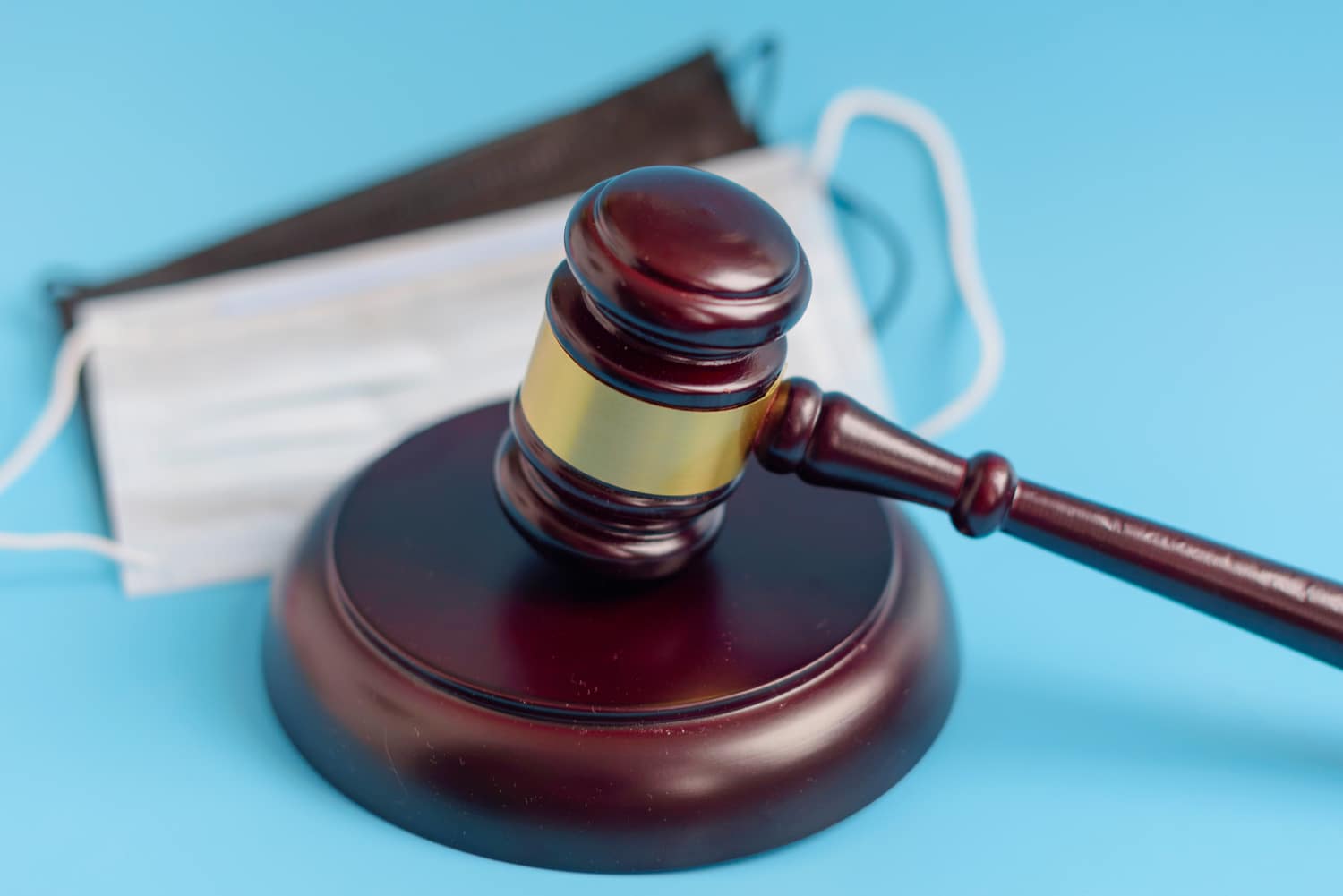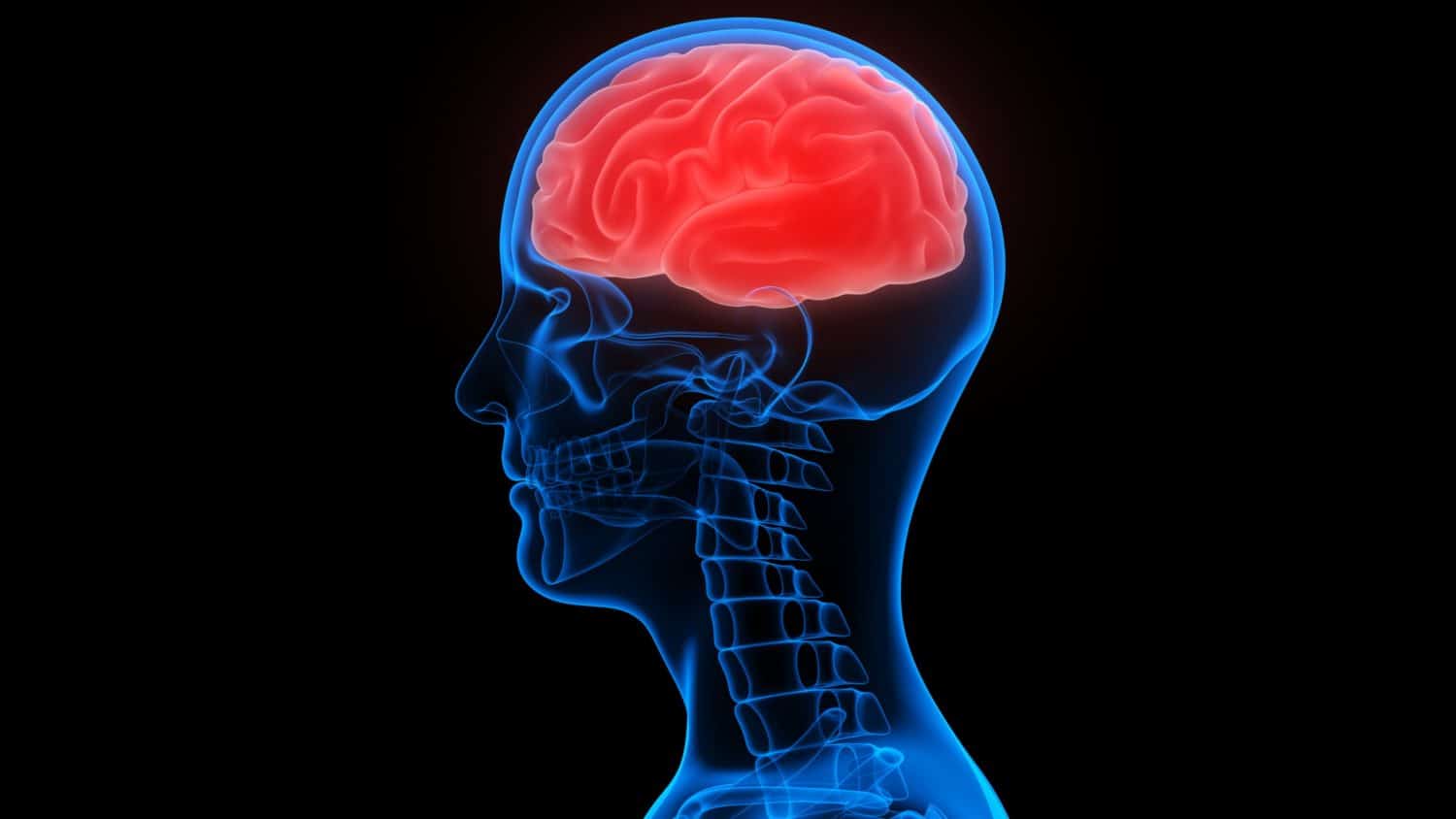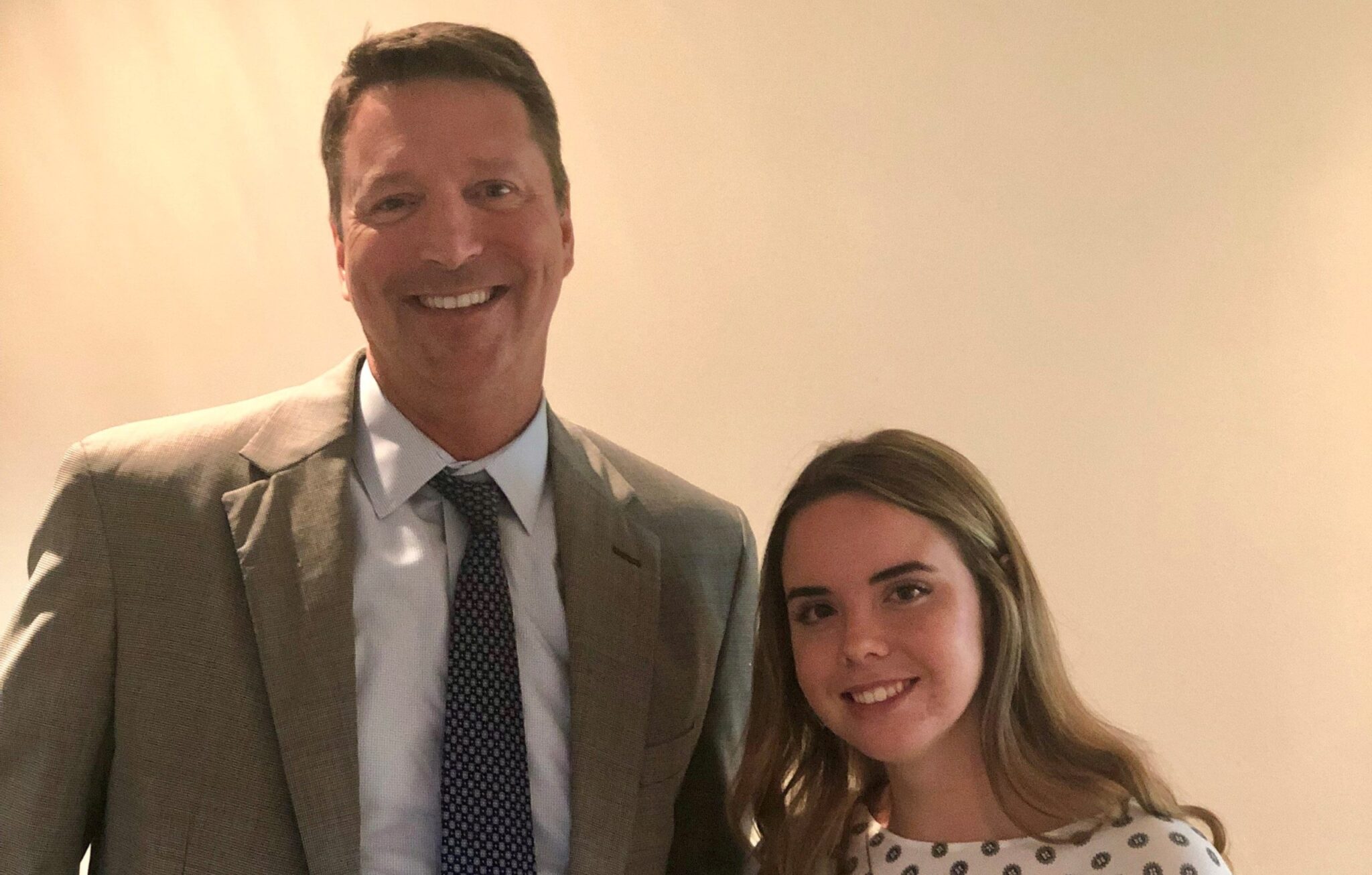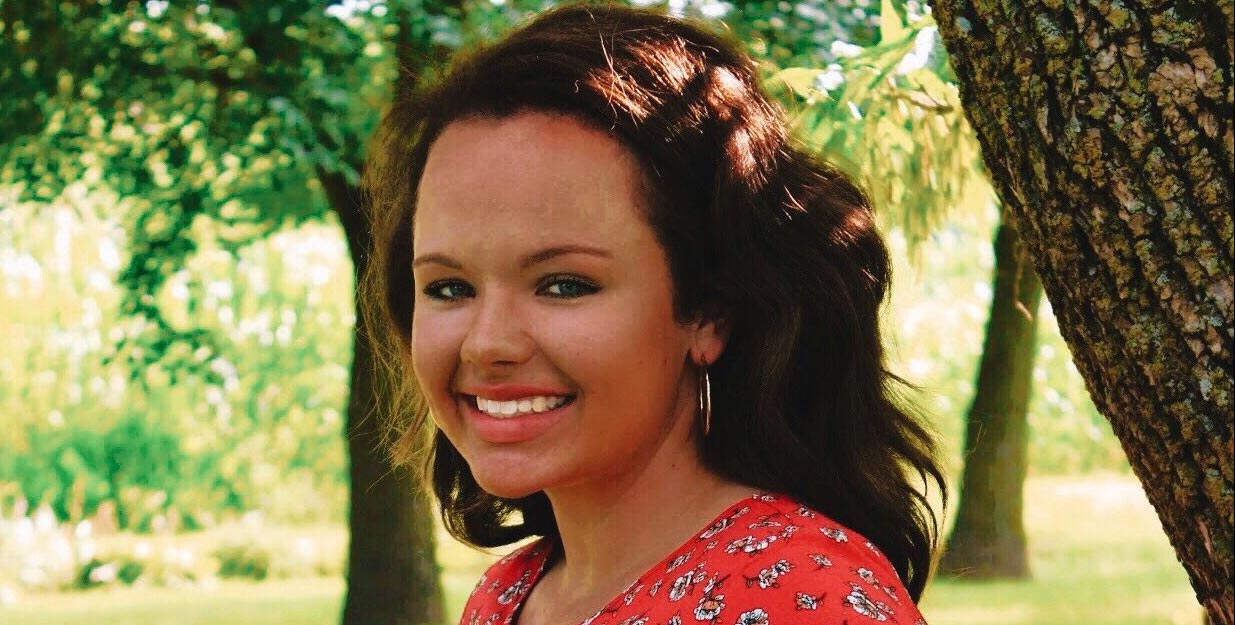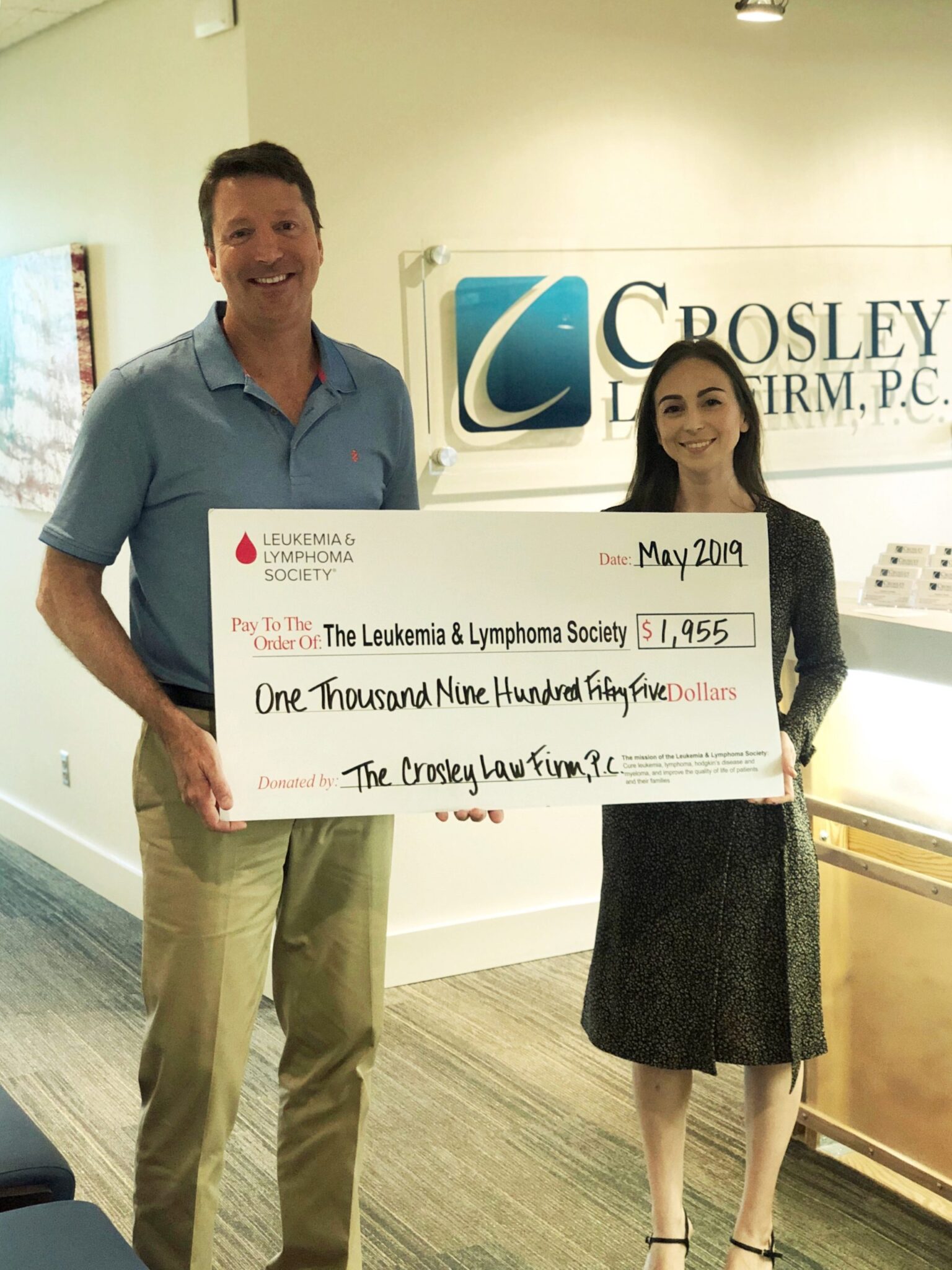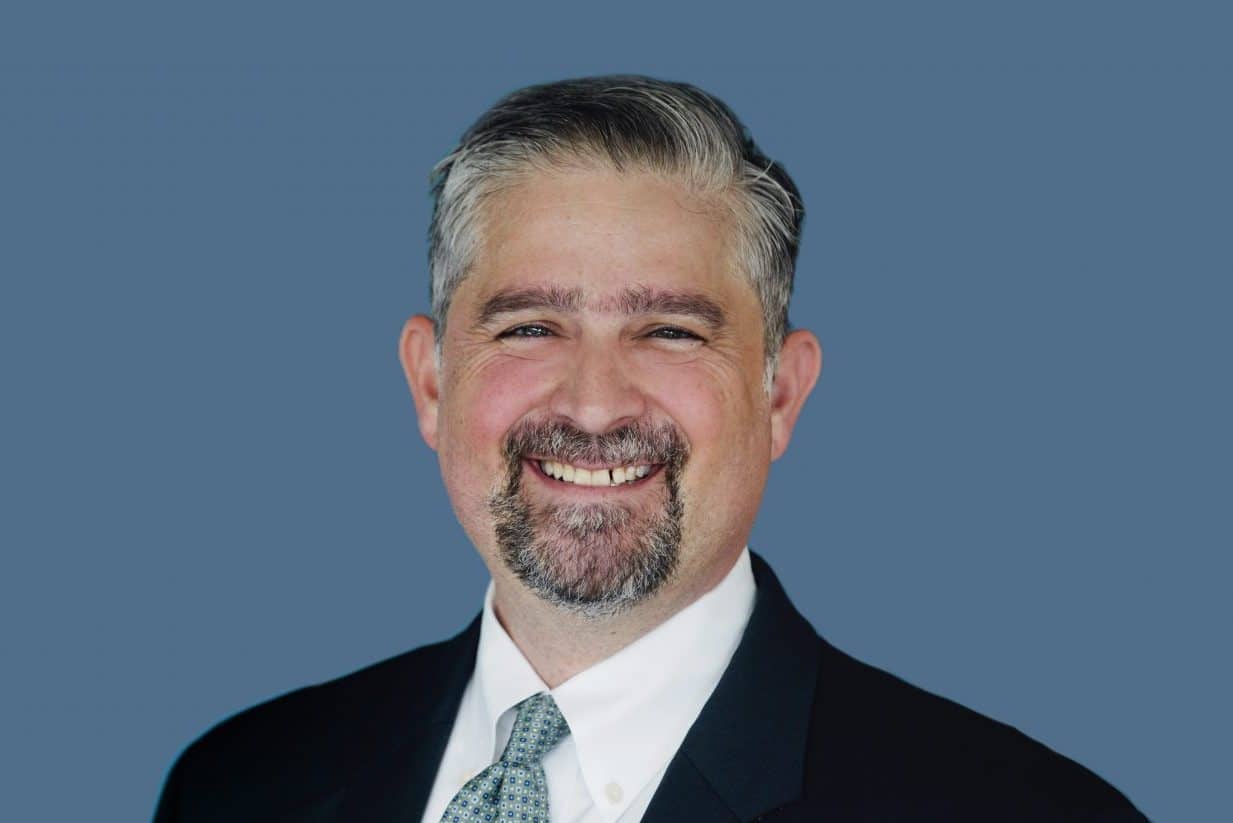Think back. What was your first encounter with the term “lawyer”? For most of us, it was a television show or a movie. Maybe you remember your grandfather watching Matlock, or maybe you recall reading or watching To Kill a Mockingbird in school, rooting for Atticus Finch and wondering about Boo Radley.
Whatever film or TV show it happened to be, the lawyer in question was probably either the hero or the villain, the case was probably dramatic, and people’s lives were probably hanging in the balance.
But what really is the appeal of legal films? Is it the desire to see justice being served? Is it the reassurance that we can depend on our legal system and the judicial process to fix wrongs and create the fairness in our lives that we deserve? We like to see the good guy win, the underdog persevere, and the bad guy punished. In movies, a lawyer is usually either the bad guy or the one who gets the bad guy, but the real work that goes into building a case and the sometimes unfair results of that work are rarely depicted on screen. After all, no one wants to see a film where a large corporation that does wrong gets off on a technicality, and we can all agree that sitting through a lengthy trial with lots of legal jargon and terminology being used doesn’t exactly make for great cinema.
The truth is, the real work of a legal case starts long before a courtroom trial, and regardless of where you first heard about lawyers, public perception of attorneys has, by and large, been shaped by media. In the movies and on TV, lawyers have been simplified into caricatures like the hero lawyer, the everyman who does the impossible in the name of justice, the bumbling idiot, or the cunning and evil lawyer trying to protect a client in the wrong. But these representations don’t tell us anything truly meaningful about real lawyers.
In reality, working as a lawyer is a long, labor-intensive process that involves spending a great deal of time and doing a lot of research on your case, delving into technical details, and clearly translating all of that work and legal terminology so it’s accessible and understandable to a jury of regular citizens.
In reality, the things most lawyers do are good for society, but the lawyers themselves aren’t often heralded as heroes. At its core, the judicial system is about working towards fairness and justice — but this isn’t always dramatic and would rarely make for good TV. But even if it isn’t always as exciting as a courtroom showdown between Tom Cruise and Jack Nicholson, the legal system plays a necessary and vital role in our society.
Keeping that in mind, we’ve put together a list of a few well-known legal films and TV shows with a little more reality injected into their premise to show how the media, while entertaining, often takes shortcuts and sometimes misrepresents the truth entirely.
1. To Kill a Mockingbird — Many people regard this as one of the best movies of all time, regardless of genre. Gregory Peck even received an Academy Award for his portrayal of Atticus Finch. If you are one of the few people who haven’t seen this film (or read the book), it is set in the 1950s, and Finch is a lawyer defending Tom Robinson, a black man accused of raping a white woman in the South. Despite overwhelming evidence to the contrary, the all-white jury still convicts Tom, and he is killed in prison. Afterwards, Finch is left questioning if he should continue to practice law in such an unjust world. While it is important to reflect on the central message about racism and prejudice in United States during that time period, how would a real lawyer react under these circumstances?
One option available would have been a change of venue. If it is believed that a fair trial cannot be obtained in one jurisdiction, proceedings can be moved elsewhere. This may not have created as much drama in the film, but it’s an important feature of our legal system designed specifically to mitigate the effects of prejudice in our justice system. Of course, it’s also important to note that the judge makes the decision about whether to grant a change of venue petition, so the outcome (and fundamental message) in To Kill a Mockingbird may ultimately have been the same.
2. Erin Brockovich – In this film, Julia Roberts plays the title character, a single mother hired as a file clerk who takes on the big guys and wins a hefty settlement for the wronged citizens of Hinkley, California. This movie highlights the supporting roles that paralegals and others play in a law firm, discusses the roles gender and class play within society, and ends with that feel-good sense of justice that makes so many legal movies stand out in our minds. And it’s based on a true story, so that means everything worked out for the best in reality as well, right?
Well, the actual facts of the case don’t necessarily detract from the entertainment value of the film, but in real life, the story doesn’t end with a settlement. Salon magazine presented a detailed article examining the actual case that Erin and her boss, Ed Masry, had begun against Pacific Gas and Electric. The article reveals that the case never actually went to trial. Pacific Gas & Electric and the plaintiffs’ lawyers agreed to private arbitration “before a panel of for-hire judges, some of whom had socialized with the plaintiffs’ attorneys.” The author, Kathleen Sharp, shares that “the Hinkley lawsuit was a case study in how the rise of private arbitration, as an alternative to costly public trials, is creating a two-tiered legal system that not only favors litigants who can afford it over those who cannot, but is open to potential conflicts of interest and cronyism.”
The townspeople of Hinkley said that many received awards smaller than they deserved, that excessive legal fees were charged to children, and that the attorneys kept the awards for six months after the settlement money was delivered. Additionally, there was no known rationale for the formula used to disburse the money to the various victims. Residents were supposed to receive awards based on medical bills, but, in many cases, no medical records were examined.
A movie is an art form, and art is not real life, so we cannot expect a film to exactly replicate events unless it’s an objective documentary. Hollywood liberties are taken all the time in order to fulfill an ideal we have for a situation. But unfortunately for many, reality doesn’t always end up being ideal.
3. A Few Good Men — You’ve probably heard one of the most famous lines from this film: “You can’t handle the truth!”; it has become a part of the American lexicon. This military courtroom drama takes a look at the military’s Judge Advocate General’s (JAG) Corps, which handles prosecution and defense in military court martials. The film centers around the court martial of two Marines charged with the murder of a fellow Marine; the accused Marines contend that they were simply acting under orders. Tom Cruise stars as the lawyer responsible for defending them. The dramatic confession from Colonel Jessep, played by Jack Nicholson, that elicits the classic “You can’t handle the truth!” response is not a typical scene in a courtroom. Rarely, if ever, will cross examination, no matter how brilliant, lead to confessions in front of a jury.
4. My Cousin Vinny — On the lighter side of things, and with an Oscar win for Marisa Tomei, My Cousin Vinny deals with two New Yorkers traveling through Alabama who are put on trial for a murder they did not even attempt. Calling their brash, Italian-American, New York lawyer cousin Vinny to come and defend them results in some comedic scenes between the more reserved Southern attorney, judge, and townspeople and the loudmouthed New Yorkers. While this is a wonderful comedy and the trial scenes are great, you probably wouldn’t want a lawyer defending you for murder to address the court by saying, “Ayo, you talkin’ to me?”
5. The Devil’s Advocate — On the much darker end of the spectrum, this movie depicts the epitome of evil, evil lawyers. Keanu Reeves stars as Kevin Lomax, a Florida defense attorney with a perfect record. The movie opens with his defense of a teacher accused of child molestation, who, in fact, did molest his students. Even though Kevin knows this, he still continues to defend him and even ends up winning the case. It’s only fitting that he moves from defending a known pedophile to working for Satan’s law firm. The smooth talking, do-anything-to-win attitude of Reeve’s character conforms to the modern perception of lawyers as scumbags, more concerned with money and prestige then doing what is right.
The simple fact of the matter is that lawyers are advocates for their clients, first and foremost, and sometimes they may be called upon to be an advocate for a client who engages in behaviors or who represents positions that the lawyer personally finds unacceptable.
In his article “Representing Repugnant Clients: Every Lawyers Choice?” Scott D. Laufenberg, a renowned Kentucky lawyer, describes this issue in depth:
“Part of advocacy involves bringing clarity to complex issues or neutralizing the emotional content of a case in seeking resolution. Effective advocates are able to put their personal views aside to represent clients with whom they may personally disagree. This is not always possible, however. If a lawyer is repulsed by a client, can the lawyer really be an effective advocate? In such a case, it may be a greater disservice to the client to accept the case… As attorneys, we do not give up our personal moral standards when we become members of the bar. Attorneys who are personally repulsed by the beliefs and actions of white supremacists should not be forced to represent them. Further, although the lawyer does not implicitly or explicitly endorse the client’s actions or beliefs by establishing a defense, that representation can unfortunately become a conduit for promoting those very beliefs. Ideally, attorneys would not let the moral or ethical status of a client’s actions or position impair their ability to be effective advocates; unfortunately, this is not always possible in the real world.”
In “Every Lawyer’s Duty,” Elizabeth A. Wolford, a district judge in New York, explains some of the wider context surrounding this issue:
“Attorneys are morally and ethically obligated to take on difficult cases and clients exactly because the willingness to do so is fundamental to the integrity of our judicial system. Our democratic society depends upon the rule of law, which is itself based upon an effective and fair judicial system. Lawyers play a vital role in ensuring that the rule of law is followed and the system of justice, fair. If lawyers refuse to participate actively in that judicial system, or to participate only with those cases or clients they personally support, the entire system falls at risk.”
Representing a client whose alleged actions are distasteful is a difficult position for any lawyer to take, but the primary issue for any lawyer of integrity is the law and seeking justice based on the legality of a case — not earnings, fame, or maintaining a perfect winning record like many movies tend to portray.
6. Matlock — In this well-known show, the incredibly popular former sheriff, Matlock, goes through a similar experience in every episode: a seemingly guilty client actually turns out to be innocent. The truth is revealed in a grand fashion at the end of every episode at trial. Most of the time, whoever is on the stand last is the one who actually committed the crime. Shocking new evidence is revealed, people get emotional, and then everyone goes home with justice served.
In the real world, however, many breaches of ethical conduct occur in the show that would get the titular character disbarred and probably thrown in jail. For example, he is almost always at the crime scene collecting and removing evidence; while this makes for compelling television, it’s also called obstruction of justice. Taking evidence from a crime scene is the police’s job, not Matlock’s or your attorney’s. In the real world, evidence collected that way would be inadmissible in court because there would be no documentation chronicling its collection and handling. Additionally, all evidence pertaining to a trial has to be disclosed before the trail actually begins as part of the discovery process. This is so each side can figure out how to support their clients based on the known facts of the case.
This is not to say, however, that lawyers are not allowed to collect evidence of any kind. In fact, one of the most important parts of an attorney’s job is discovering, compiling, analyzing, and presenting as much evidence to support a case as possible. The difference is, they do it legally and disclose that evidence in the proper way. And the best attorneys think outside the box to find new and compelling evidence that will help their clients’ cases — they utilize new medical procedures, they use advanced technology to reconstruct scenarios, and they sift through reams of documents to construct a case based on the facts. In this way, collecting evidence is one of the most crucial parts of a lawyer’s job.
These are just a few popular examples of how lawyers are depicted in the countless legal films and shows out there. While watching movies or TV shows is all in good fun, it’s important to remember that, like anything you see on the screen, it may not be the whole truth. Nowhere is this more apparent than in the popular stereotypes of lawyers. In reality, attorneys work tirelessly long before a case can go to trial, and although we see a lot of compelling trials on television and in films, about 95% of cases are settled out of the courtroom. The simple truth is that what counts in the real world of the judicial system is a deep knowledge of the law, a great deal of experience, and a true dedication to each individual client.
At Crosley Law Firm, we take pride in the cornerstones of our legal philosophy: experience, integrity, and results. If you or someone you know has been injured and you think you may have a case, contact us for a free consultation. We’ll help you decide your best course of action, and we’ll do our absolute best to get you the justice and compensation you deserve.


